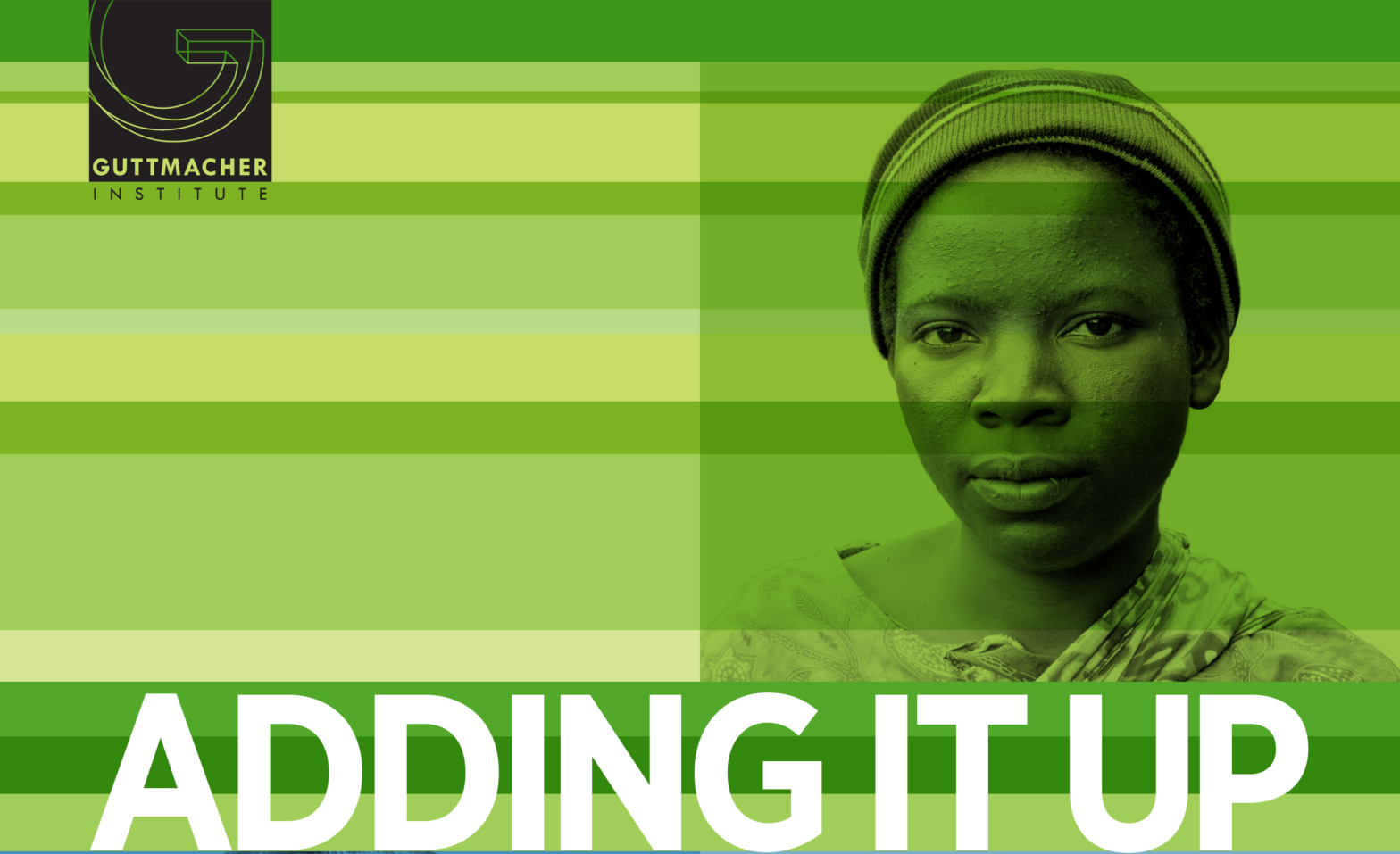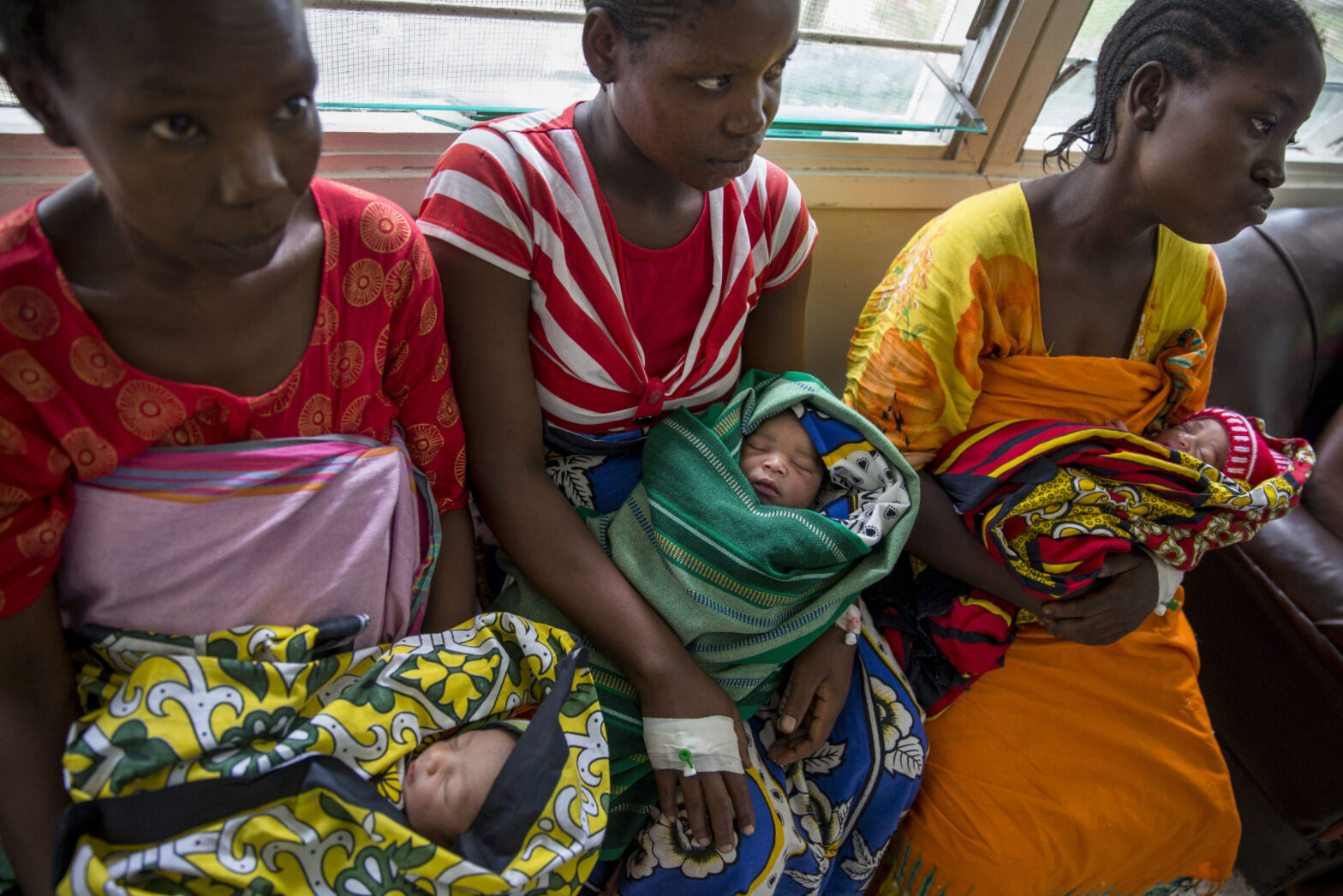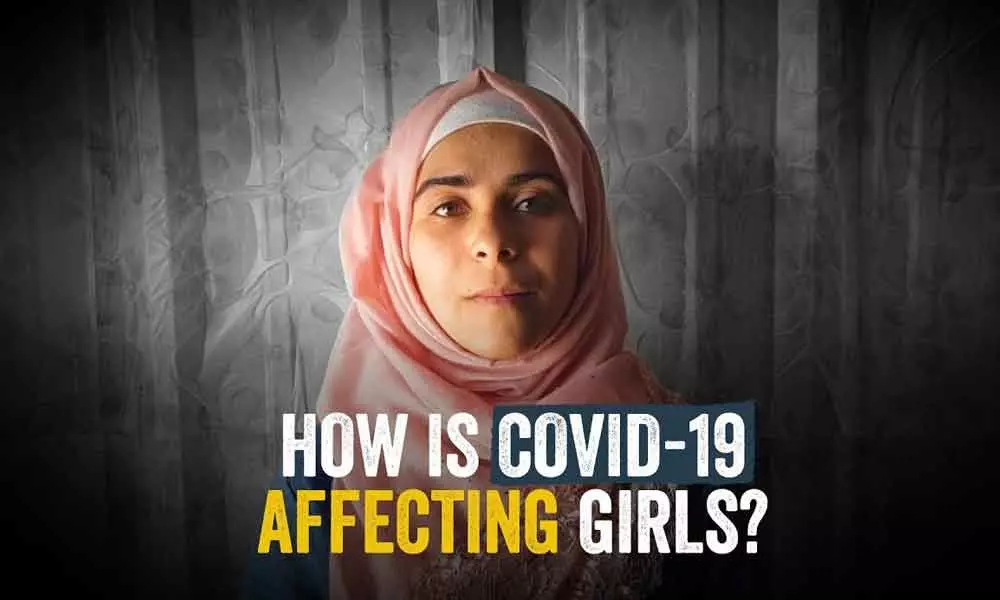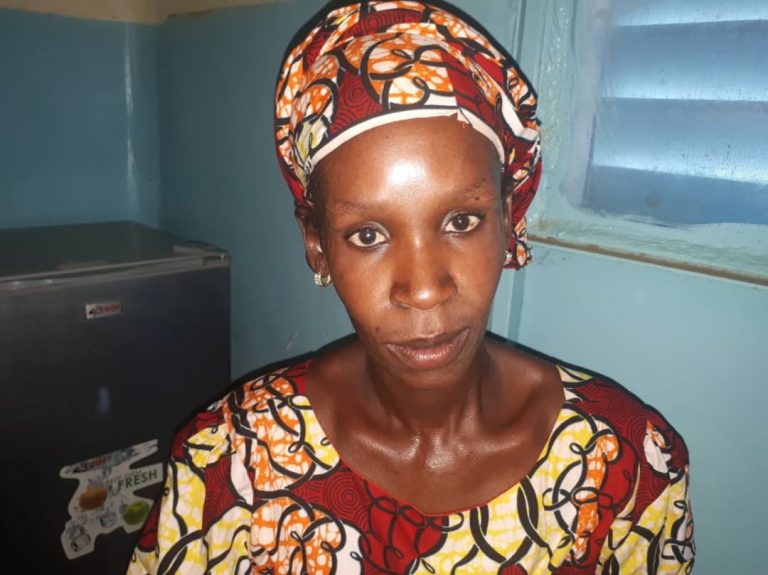An affordable package of services—$10.60 per person per year, or $4.80 more than current costs—would address stark gaps in care in low- and middle-income countries
Month: July 2020
Did You Miss FP2020’s Webinar on “Exploring Digital Platforms for Family Planning during COVID-19”?
FP2020's webinar on digital health for family planning during the COVID-19 pandemic brought together presenters from a variety of projects, all of which are leveraging technology to meet the needs of their clients in new ways. Missed the webinar? Knowledge Success has provided a recap.
"Connecting Conversations" Series Launches
Setting the Stage for Understanding and Investing in Adolescent and Youth Reproductive Health
Study protocol for Post Pregnancy Family Planning Choices, an operations research study examining the effectiveness of interventions in the public and private sectors in Indonesia and Kenya
This manuscript presents the study protocol, documenting how the study team intends to determine key factors that influence uptake of postpregnancy FP.
Curtailing Nigeria’s Teeming Population Through Unrestricted Access to Family Planning
There is growing call for unrestricted access to sexual and reproductive health (SRH) services by every woman to curb Nigeria's teeming population, projected to rise at an average of six million yearly, according to the Population Reference Bureau (PRB).
Unintended Consequences of the COVID-19 Pandemic on the Sexual and Reproductive Health of Youth
The 2020 novel coronavirus (COVID-19) pandemic has led public health officials to recommend a reduction in routine healthcare services. These services are limited to life-saving and urgent evaluations to limit the spread of infection, protect healthcare workers, and conserve personal protective equipment.
Population Foundation of India assesses impact of Covid 19 on women and girls
The COVID-19 pandemic and subsequent countrywide lockdown measures have affected all aspects of our social and economic lives. Public health responses and policies are yet to adequately address the specific needs of vulnerable populations. The effects of the pandemic threaten to reverse the limited progress made on gender equality and women's sexual and reproductive health.
World Population Day: BKKBN campaigns against unwanted pregnancy
The National Population and Family Planning Board (BKKBN) remains committed to the family planning campaign amid concerns about the impact of the COVID-19 pandemic on demographics.
How Senegal is Providing Reproductive Health Services to those Who can Least Afford it
Pregnant with her second child, 30-year-old Ndiabou Niang was enduring pelvic pain, but couldn’t afford to access prenatal care in Diabe Salla, a village on the outskirts of the small town of Thilogne in north-east Senegal. Her husband was unemployed and her earnings of under CFAF 10,000 (17 USD) from selling seasonal fruits in the local market were insufficient to make ends meet.
Sindh to boost CPR by 50% before 2030
Expert says Sindh govt is only one to develop family planning guidelines amid pandemic









